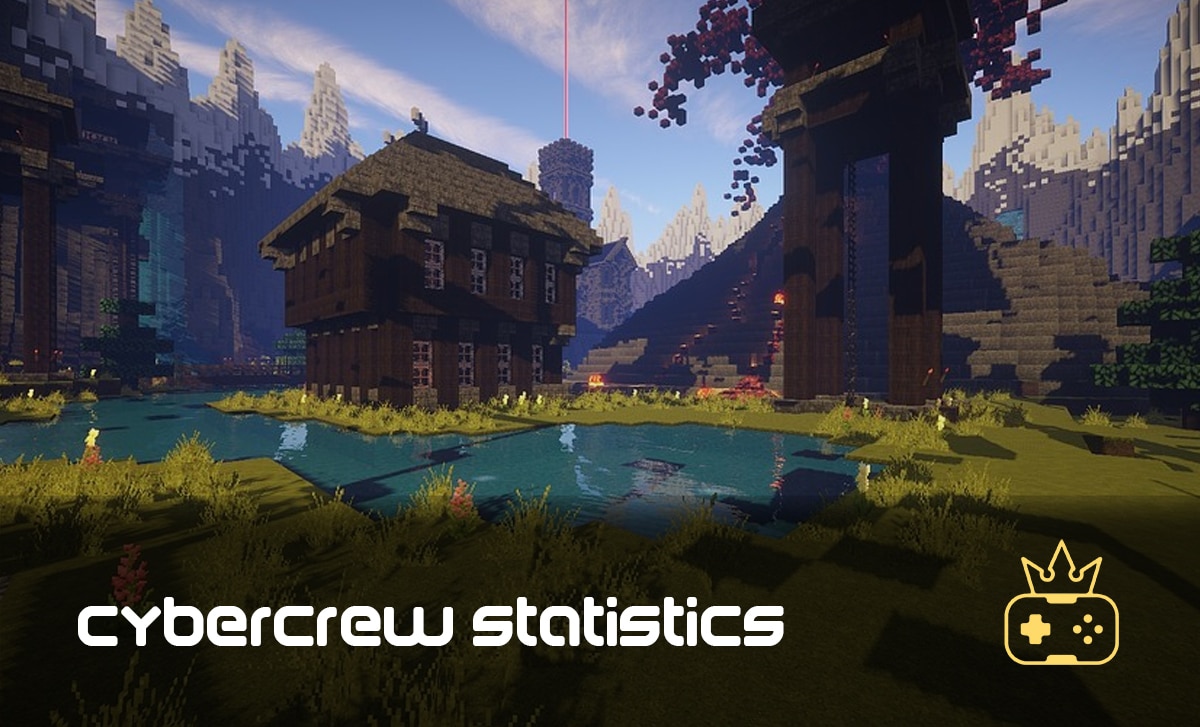Sleep Statistics UK [2024]
Last Updated: February 9, 2024
Sleep is integral to life, but it’s easy to ignore its importance. We never think of proper sleep until we lose it.
On average, people spend one-third of their lives asleep. But who is getting proper sleep, and who isn’t?
People in the UK have been the subject of many studies on sleep. These findings give us greater insight into sleep patterns across gender, age, and location categories.
In this article, we’ll cover all the latest sleep statistics UK.
Top 10 Sleep Statistics UK
- 40% of people aged between 18 and 24 say that they struggle to fall asleep quickly.
- 33% of UK citizens above 55 years old say that they struggle to fall asleep fast.
- 51% of individuals aged between 18 and29 reported getting at least 8 hours of sleep.
- 36% of the adults in the UK struggle to fall asleep at least once a week.
- St. Helens prescribed the most amount of insomnia medications.
- Walsall residents do searches for “can’t sleep” more than in any other region.
- 35% of individuals in the UK said lack of proper sleep made them anxious.
- 4 in 10 adults said that poor sleep has made them feel more stressed.
- 43% of UK citizens stated that poor sleep made them irritable or angry.
- One in three people in the UK is sleeping less than before the pandemic.
Sleep and Age
Around 40% of the people in the UK between the ages of 18 and 24 say that they struggle to fall asleep quickly
If you’re above 25 years old, you might have noticed that you are increasingly going to bed as per your schedule. You are not alone. It has been found that younger people have bigger difficulties falling asleep than older people. The number of people having trouble falling asleep steadily declines as people get older.
Around 33% of the people in the UK who are above 55 years of age say that they struggle to fall asleep fast
There might be a number of reasons why older people find it easier to go to sleep. However, some analysts have suggested that the lack of late-night screen time amongst older people may be the likeliest contributing cause. Older people are simply less likely to be on their smartphones at night, which improves the rate at which they fall asleep.
However, one should not confuse the ability to fall asleep quickly with getting good quality sleep.
It has been found that older people have more trouble sleeping soundly. There are also more reported incidences of seniors waking up in the middle of the night. Further, it has been found that they did not feel as tired when waking up compared to younger people. This suggests that older people need less sleep than younger individuals.
51% of the people from the UK aged between 18 and 29 reported getting at least 8 hours of sleep
It is a commonly known fact that people should get at least 8 hours of sleep every night. However, studies show that younger people are more likely to be reaching that number compared to older people.
The number of people getting at least 8 hours of sleep every night drops to 43% when we consider those above the age of 60. Further, the over 60 age group also has the most people who sleep fewer than 6 hours (9%).
Sleep and Insomnia
Insomnia is a medical condition that prevents people from falling asleep. Insomnia affects people in different ways, and its severity can vary.
36% of the adults in the UK struggle to fall asleep at least once a week
It is important to clarify that not everyone who has trouble falling asleep has insomnia, however, the number of people with sleep issues is surprisingly large. Around 20% of the people surveyed said that they had difficulty sleeping every night.
Out of the people who were struggling to fall asleep, women are more likely to have trouble than men. Further, people aged 45 – 54 had more difficulty falling asleep than any other age group (with two-thirds saying that they couldn’t fall asleep properly at least once a month).
St. Helens, a CCG (Clinical commissioning group) in the UK, prescribed the most insomnia medications
People residing in Walsall do online searches for “can’t sleep” more than in any other part of the country
More and more people in the UK are looking for solutions to their sleep problems online. In 2020, more than 300,000 searches were conducted by people who wanted to find out more about the sleep medication Nytol.
Further, approximately 1.28 million searches were conducted for the sleep drug Melatonin.
This shows that people in the UK are looking towards pharmaceutical solutions to solve their sleep problems.
Sleep and Mental Health
48% of the UK adults stated that lack of proper sleep was affecting their mental health
Mental health and sleep are closely linked. Lack of good night sleep can cause a variety of mental health issues. This problem is even more rampant amongst teenagers, 66% of whom stated that lack of proper sleep was causing mental health issues.
The most common mental health issues caused by lack of sleep include anxiety, stress and feelings of overwhelm, irritability and anger.
35% of adults in the UK said that lack of proper sleep made them anxious
4 in 10 adults said that poor sleep had made them feel more stressed and overwhelmed
43% of UK adults stated that poor sleep made them irritable or angry during the day
This shows how sleep affects every area of our lives. Good quality of life is interlinked with getting proper sleep at night. Adults without quality sleep may experience a drop in functionality caused by mental health issues.
Researchers in the UK have called the government to address sleep issues in their wellbeing and mental health strategies. A report on the connection between mental health and sleep suggested that sleep is as important as oxygen, food, and water. The report requested bringing sleep to the forefront of the country’s health agenda.
Sleep and Location
Research has found that people residing in different regions of the UK get different amounts of sleep, on average.
People in the East Midlands get the most sleep, with an average of 6.45 hours
In contrast, the people residing in Wales said they slept a full 21 minutes less than their East Midlands counterparts. They managed only 6.1 hours of sleep, on average, per day.
Overall, the people in the south of the UK were found to get more sleep, on average, compared to the people residing in the north.
The difference is slight, but it’s still significant. People in the north slept 6.51 hours on average, while people in the south slept 6.71 hours.
People in London were also found to get more sleep than people in most other parts of the country. They reported sleeping almost 6.8 hours, on average, every weeknight. More than 60% of the people living in London said that they got more than 7 hours of sleep every weeknight.
Sleep and COVID-19
The spread of the coronavirus has affected almost every aspect of our lives. So it is not surprising to find out that the global pandemic has also impacted people’s sleep schedules.
One in three people in the UK is sleeping less than they were before the pandemic
A large portion of people has reported sleeping less than before. This may be caused by the anxiety of living in the midst of a pandemic. In addition, people are more stressed out than before, which may be causing a drop in the amount of sleep. Further, since several people started working from home due to safety concerns, the different lifestyles might have also affected sleep patterns.
However, it is not safe to assume that everyone is sleeping less than they were before the pandemic.
Approximately one in five people reported sleeping more during the pandemic. In total, around 47% of the people were sleeping just the same as before
Around 91.4% of the people surveyed said that they felt anxious or stressed due to the pandemic. Furthermore, they reported that these issues lasted for at least several days.
Researchers also found that people conducted more online searches on “how to fall asleep fast” after the pandemic hit the UK. So, we can assume that the likeliest reason for the increase in these searches is the coronavirus pandemic. The searches started increasing in April 2020, and this increase lasted till August 2020.
This period was the height of the pandemic in the UK, and the increase is probably not a coincidence. However, we can’t be absolutely sure.
Sleep and Gender
Sleep varies by gender as well.
40% of women reported having trouble falling asleep compared to 32% of men
In addition to having trouble falling asleep, more women also reported feeling sleepy during the afternoons (45%). In comparison, only 35% of men said that they felt sleepy during the afternoons.
The cause for sleep discrepancies between men and women is not known. The root cause may lie in socio-economic reasons or may even be due to biological reasons.
It has been found that men are more likely to sleep on an “unusual” mattress— for example, mattresses made of water, latex, or gel.
More men have also reported having no mattress at all or not using pillows or a bed cover.
Wrap Up
A variety of factors can affect sleep patterns. The most common factors include activity levels, the health of the individual, and habits. However, reasons like age, gender, and income also play a part in how well you sleep. Remember that doctors recommend getting 8 hours of sleep at night.
If you’re having sleep-related issues, then you should consult a physician.
We hope that you have enjoyed these sleep statistics relating to people from the UK.

![How to Sell on Depop in the UK [2024 Guide]](https://cybercrew.uk/wp-content/uploads/2023/06/Selling-on-Depop-UK.png)








